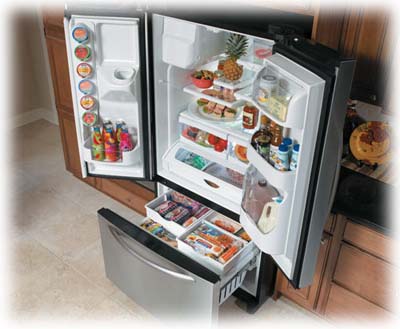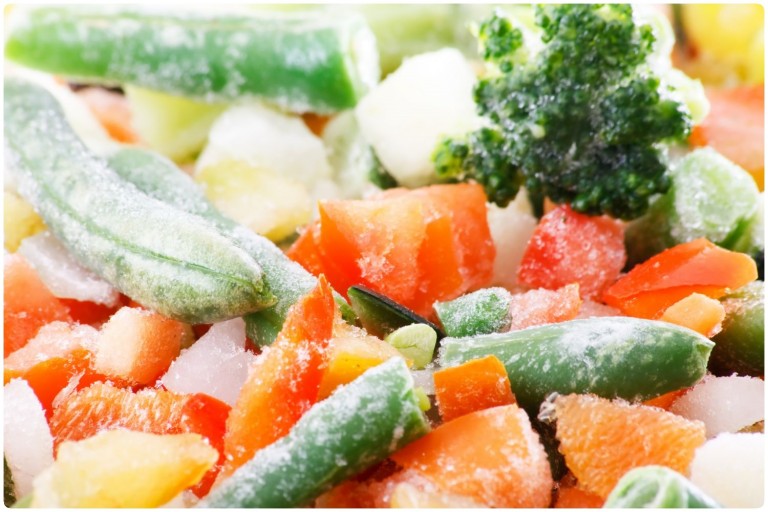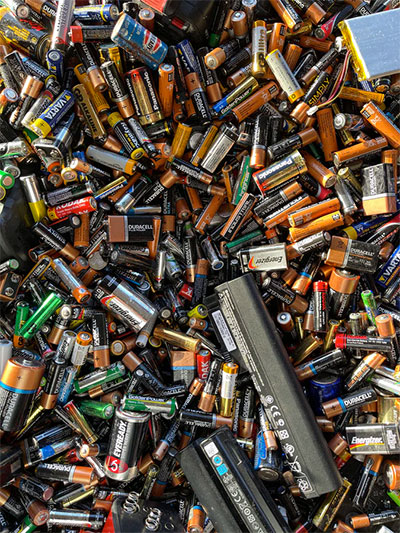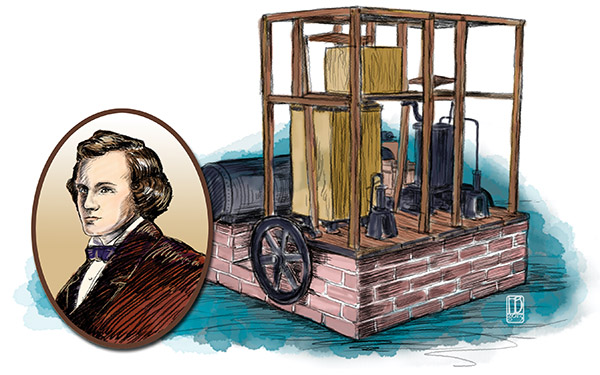Can You Keep Vegetables In The Fridge By Wrapping Them In A Newspaper? Is It Harmful?
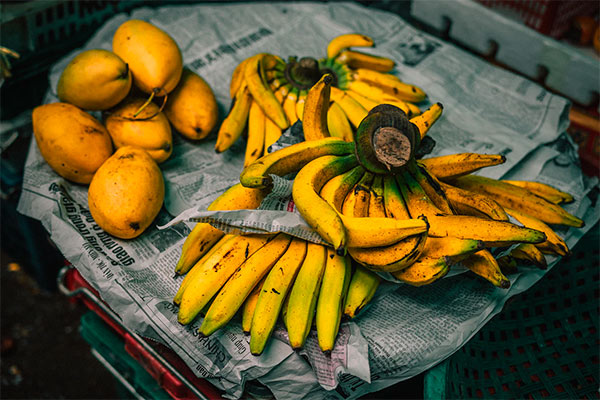
There are many ways you can store your vegetables in the fridge. While storing in plastic wrap and containers is the norm, some have also thought of wrapping produce in a newspaper before placing it in the refrigerator.
This stems from the belief that wrapping it in a newspaper will keep it fresher longer than using other materials for storage.
However, contrary to this belief, it is not advisable to wrap vegetables in the newspaper before storing them in the fridge.
Why is it bad to wrap vegetables in a newspaper?
There are many reasons why it isn’t advisable for you to wrap vegetables in the newspaper, or any printed paper, for that matter, before storing it inside the fridge.
- For one, the printed ink in the newspaper may contain harmful chemicals that may get to your food. The cold temperature inside your fridge causes condensation and moisture, and because the paper is easily absorbent, this will cause the ink to slide off easily and mix with your food.
Newspaper ink is tricky and may contain heavy metals such as lead, cadmium, and other toxic chemicals. Lead poisoning is a real thing, and there have been tons of scientific studies proving that newspaper ink that had leached into food had caused cancer, lead poisoning, and other health risks.
- More so than the health risk that comes with the toxic chemicals in newspaper ink, it is also not smart to store your food to keep it fresh. Newspapers will cause your vegetables to spoil even faster.
Because paper is very absorbent, it will absorb and collect the vapors in the dry air inside the cold fridge system. This will coat your vegetables in moisture, and remember, moisture is the number one cause of food spoilage, so you would want to avoid it.
Wrapping vegetables in a soaked newspaper will lead to the vegetables getting rotten quickly as the surface in contact with water will slowly go limp and rot.
How to store your vegetables and fruits?
It depends on the type of vegetables and fruits we are talking about.
- Durable fruits such as apples and pears can be stored inside the fridge if you want them to last for long. If you know that these fruits will go out in less than a week, storing them on a basket by the counter is fine.
- Tropical fruits such as bananas and pineapples aren’t advised to go inside the fridge as they will bruise easily and quickly lose their freshness. It is advised to consume such fruits before they attract flies while exposed to the counter.
- Soft fruits like berries should be adequately washed, dried, and placed in a container before going into the fridge.
- Leafy vegetables like cabbage and lettuce should be washed, dried, and stored inside a clean container.
- Squash and root vegetables such as bulbs, yams, and turnips, are ideally stored in dark drawers. Potatoes and onions should never be stored together because onions release a specific chemical that would cause potatoes to grow.
- Citrus such as lemons and lime are also best kept in a cool, dry place.
Tips in storing vegetables and fruits inside the fridge
- Fruits and vegetables are best stored in the crisper section of the fridge. These are usually the bottom drawers with their humidity control that works best in keeping the vegetables and fruits fresh and suitable for long.
- You may use plastic bags with small vents (such as those they use in grocery stores) to keep soft fruits like berries moisture-free and fresh.
- It is best to clean your produce immediately after bringing it home. Make sure to clean it well and get into the nooks and crannies where dirt may have clung unto.
- Plastic is a good wrapping material to use if you are running out of containers. Plastic slows down evaporation and traps in the moisture, slowing down the spoilage. This is especially ideal for vegetables such as cucumbers and eggplants.
Alternative methods of storing vegetables
There are alternative methods of storing vegetables in the fridge to maintain their freshness and quality. These include using plastic bags with small holes for ventilation, using a moisture-proof container or using a perforated plastic wrap.
Another option is to store vegetables unwashed and uncut to prevent moisture from getting in and cause spoilage.
How to properly clean and prepare vegetables
Proper cleaning and preparation of vegetables before storing them in the fridge can help to maintain their freshness and quality.
This includes washing vegetables thoroughly, removing any damaged or spoiled parts, and cutting them into smaller pieces if necessary.
Tips for maximizing the shelf life of vegetables
To maximize the shelf life of vegetables stored in the fridge, it’s important to store them in an appropriate container or wrap, keep them at the correct temperature, and keep them away from ethylene-producing fruits.
Additionally, regularly checking the vegetables and removing any that are spoiled can help to prevent cross-contamination and prolong their shelf life.
